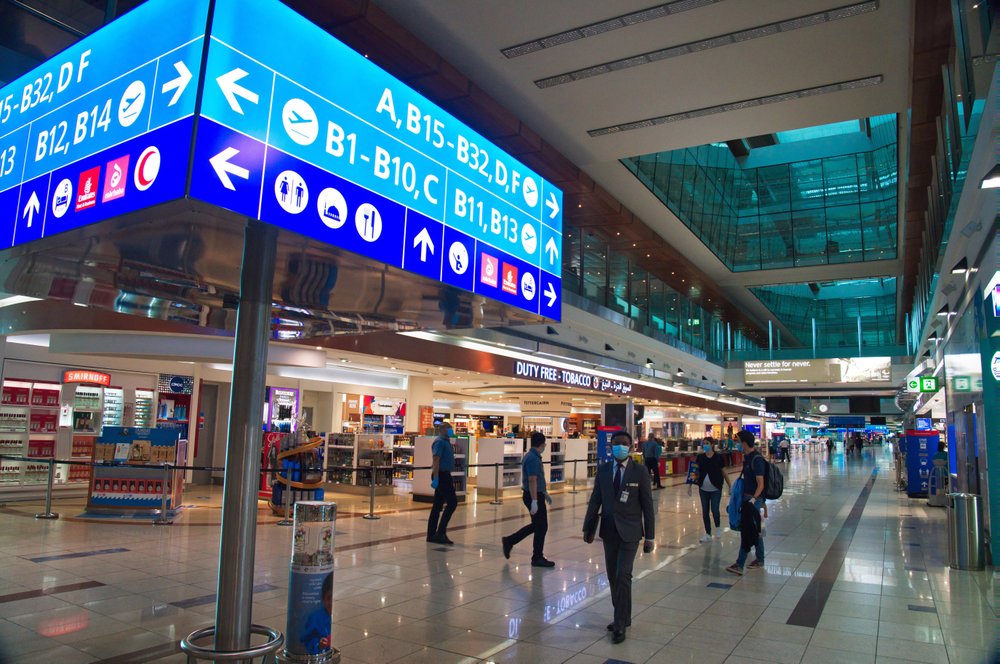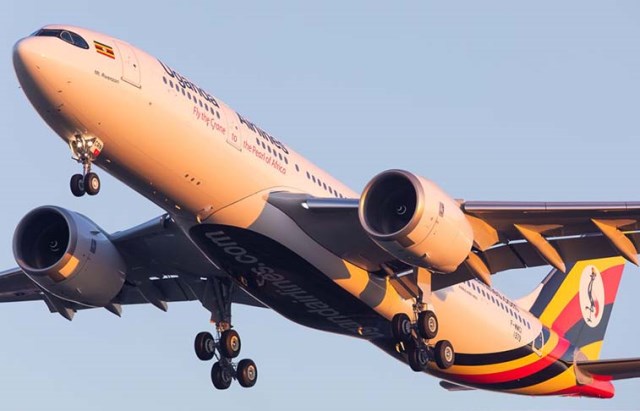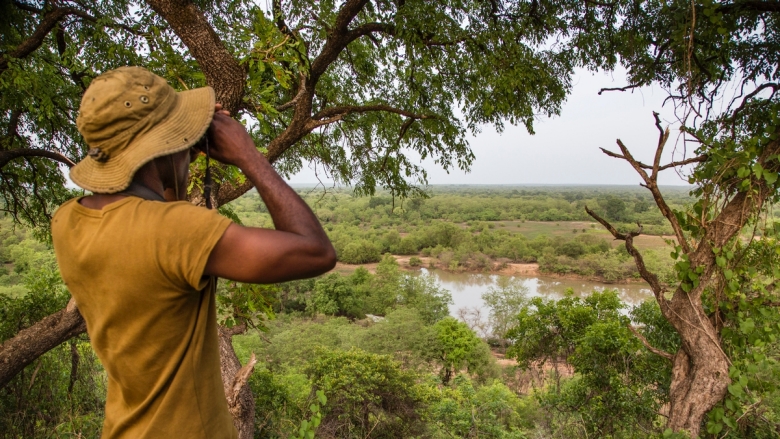University of Birmingham research indicates that aviation may not meet Paris Agreement goals.
Although the emissions targets for aviation are in line with the overall goals of the Paris Agreement, there is a high likelihood that the climate impact of aviation will not meet these goals, according to a new study.
Aviation is an essential contributor to the global economy but contributes to climate change by creating carbon dioxide (CO2) and non-CO2 effects such as forming nitrogen oxides, ozone and contrail cirrus clouds, which all contribute to global warming.
Researchers believe that, as long as the industry stages a recovery, the restrictions placed on global air travel in response to COVID-19 lockdown will only temporarily affect the overall climate impact of aviation.
Publishing their findings today in Nature Communications, an international research team including experts from the University of Birmingham believes that non-CO2 effects will continue to make a significant contribution to aviation’s climate impact over the coming years.
However, these effects are not included in the International Civil Aviation Organisation’s (ICAO) goal of climate-neutral growth and only partly addressed in Flightpath 2050 – the European Commission’s vision for aviation.
Although Flightpath 2050 emissions goals are likely to stabilise aviation’s climate impact and ICAO’s offsetting scheme CORSIA will surpass the climate target set to support the Paris Agreement’s 1.5 °C goals between 2025 and 2064, the researchers warn that an increasing aviation-induced global warming effect is likely despite the implementation of a range of mitigation options within the sector.
Study co-author Dr Simon Blakey, Senior Lecturer in Mechanical Engineering, at the University of Birmingham, commented: “Technological improvements to engines and airframes and operations won’t be enough to sufficiently reduce the impact of aviation on climate change. We must explore all mitigation options in parallel – including the increased use of sustainable fuels and market-based measures to limit aviation’s impact on the environment. Accounting for sustainable fuels must include the impact of non-CO2 emissions in use and CO2 emissions in fuel production. If we base all our calculations on CO2 alone, we miss the large improvements in non-CO2 emissions that these fuels can offer, particularly in reducing particulate matter emissions, which contribute to an increased warming effect at cruise conditions.”
There is currently significant interest in policies, regulations and research aiming to reduce aviation’s climate impact. The researchers modelled the effect of these measures on global warming, analysing potential technical improvements and challenging assumptions of sector targets with a number of scenarios up to 2100.
Their assessment also covered several COVID-19 recovery scenarios, including changes in travel behaviour and feasible technological advancements and the availability of sustainable aviation fuels.
To better understand the possible implications of the pandemic on the climate impact of aviation, the researchers assessed three different pathways for the global recovery from the lockdown of nation-states and the associated dramatic reduction in air travel.
They took into account a fast recovery of three years, a slow recovery of 15 years and a change in habits due to experiences during the lockdown, for example, a shift towards web conferences instead of face-to-face meetings.
About Guide2Uganda
Guide2Uganda (www.guide2uganda.ug) is the most comprehensive source of travel information about Uganda that exists on the web, with more content on its cities & towns, accommodation, attractions, events, museums and galleries than any other online guide that currently exists for Uganda; as well as being a dynamic travel news and events driven site with fresh content added daily.
According to WeFollow & Peer Index (that measure online influence), we are among the most influential online media organizations in Uganda. Guide2Uganda was also awarded ‘’Best Destination Website in Uganda’’ by Jumia Travel Uganda in the 2018 Africa Travel Awards.
Share your travel stories & photos with the world via email: info@guide2uganda.ug




